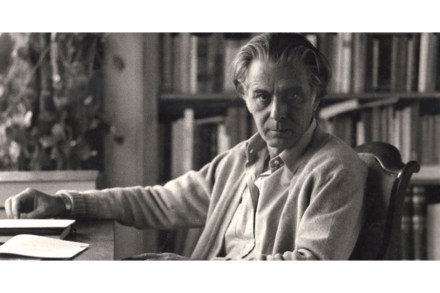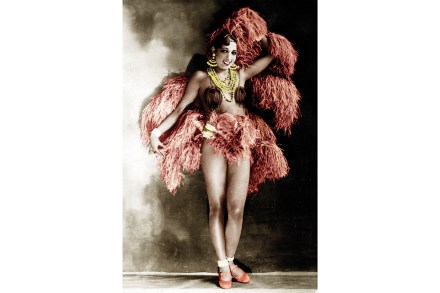Doppelgangers galore: The Novices of Lerna, by Angel Bonomini, reviewed
Resurrection has become its own literary genre. Though hardly a new phenomenon (Moby-Dick, for example, was out of print at the time of Herman Melville’s death), the success of such ‘forgotten’ classics as Suite Française, Stoner and Alone in Berlin proved that an author’s death and/or obscurity were no barrier for readers. So publishers from Faber to Virago, from the British Library to Penguin Modern Classics are hunting through back catalogues looking for writer recommendations, searching for the next unjustly lost voice. In Angel Bonomini, Peninsula Press has found an ideal candidate. How can such a powerful story have remained un-rediscovered for so long? A contemporary of Borges, Bioy Casares




